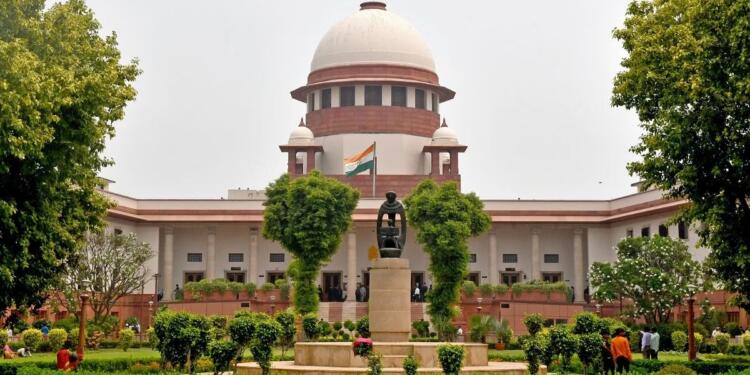In a major push for freedom of speech and expression, the Supreme Court, on Thursday, stressed the importance of public discourse and media scrutiny. The apex court held that courts – as open and public institutions – must remain open to observations, debates, and constructive criticism.
The apex court further observed that important issues should be vigorously debated by the public and the press even when the matter is sub judice.
The bench comprising Justices Abhay S Oka and Ujjal Bhuyan said, “Every important issue needs to be vigorously debated by the people and the press, even if the issue of debate is sub judice before a court.”
The SC bench highlighted the complementary roles judiciary and media play in sustaining a liberal democracy, describing both institutions as “foundational pillars” of India’s constitutional framework.
The bench observed, “For a liberal democracy to thrive, both must supplement each other.”
The bench made these remarks as it set aside the Delhi High Court’s finding that the Wikipedia page on news agency ANI’s defamation case against Wikipedia was “prima facie contemptuous”.
Earlier, the High Court directed the removal of a page that reported the judge had warned that Wikipedia could be shut down in India if it did not remove the alleged defamatory remarks made against ANI.
The Wikimedia Foundation then approached the apex court to challenge the High Court’s order.
In the judgement, Justice Bhuyan observed, “Courts, as a public and open institution, must always remain open to public observations, debates and criticisms. In Fact, courts should welcome debates and constructive criticism. Every important issue needs to be vigorously debated by the people and the press, even if the issue of debate is subjudice before a court.”
Also Read: The Demand of ‘de-escalation’ Is a Shield for Terror, Not a Call for Peace
The judgment, however, noted that while criticism is permissible, those who voice it must remember that judges cannot publicly respond. If a publication scandalizes the court or a judge and contempt is established—as outlined in the sixth principle by Justice Iyer—the court should act. However, it is not the court’s role to instruct the media to delete or take down content.
The judgement further added, “For the improvement of any system and that includes the judiciary, introspection is the key. That can happen only if there is a robust debate even on issues which are before the court. Both the judiciary and the media are the foundational pillars of democracy which is a basic feature of our Constitution. For a liberal democracy to thrive, both must supplement each other.”



























